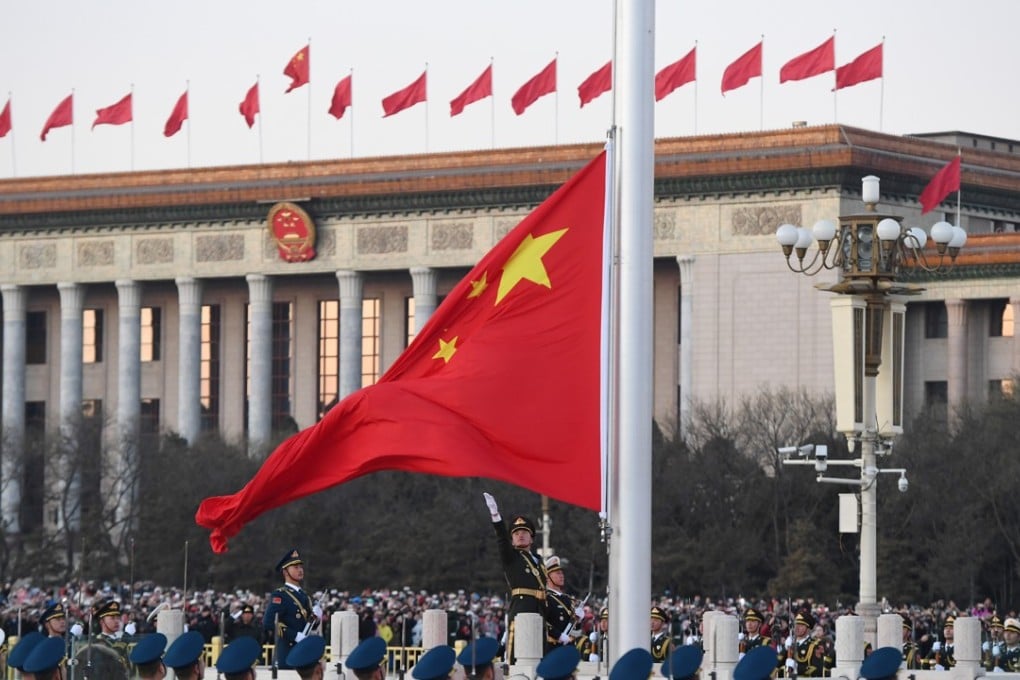First term limits ... now Xi Jinping to shake up the state to tighten Communist Party’s grip on government
Local authorities to have more autonomy, providing they toe the central government’s line

Chinese President Xi Jinping has kick-started a structural shake-up of the country’s massive party and state bureaucracy, in a push for efficiency and to further entrench the Communist Party’s control of all levers of government.
Xi’s shake-up plan was endorsed by the party’s ruling Central Committee after its three-day closed-door meeting in Beijing, state-run news agency Xinhua reported on Wednesday.
It came just days after the announcement of a party proposal to scrap the two-term constitutional limit on the presidency, opening the way for Xi to stay in power beyond the end of his second term in 2023.
The Xinhua report did not detail the reform plan, but stressed the top priority was to fortify the party’s control.
The main task of the overhaul was to “strengthen the party’s full leadership of all areas and all aspects of work, to make sure the party’s leadership is all encompassing and becomes even stronger”, the report said.